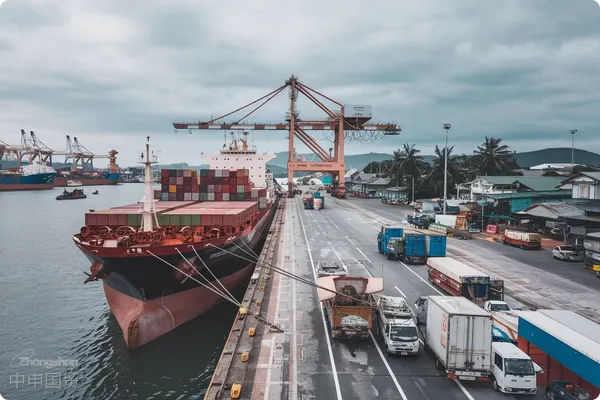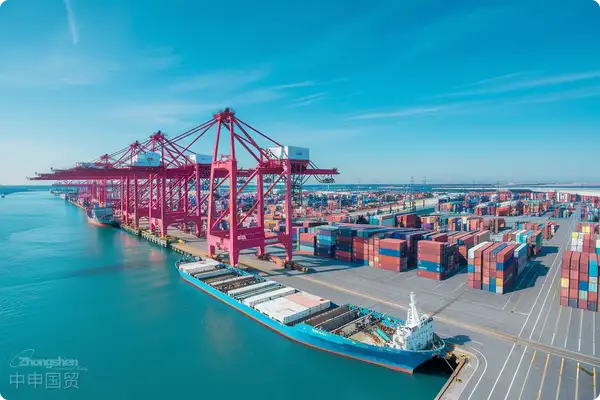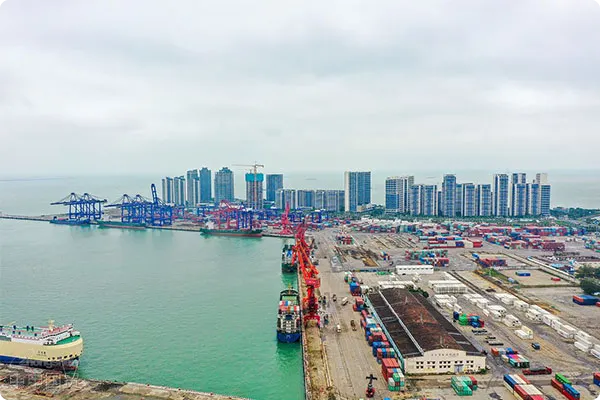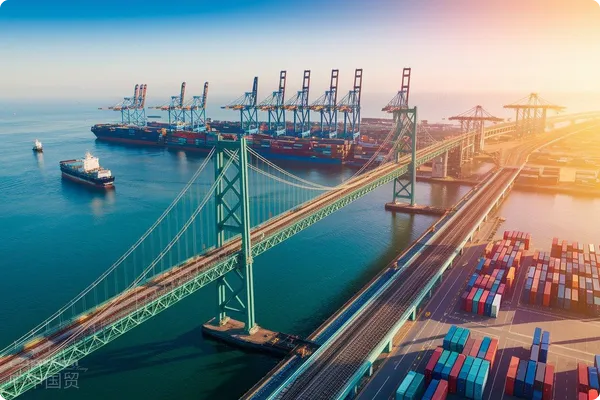- Shanghai Zhongshen International Trade Co., Ltd. - Two decades of trade agency expertise.
- Service Hotline: 139 1787 2118
Relevant Introduction
Compulsory certificationIt is a challenging task because the political and economic environment of the country often changes, making the export process full of risks and uncertainties. In addition, due to the strict customs procedures in Russia, specific regulations and procedures need to be followed; otherwise, the goods may be refused entry into the country.

The following are the matters that need attention when exporting to Russia:
Understand local regulations
Before exporting to Russia, it is necessary to understand the countrys trade policies and regulations. These regulations may set specific import requirements or tax rates for certain industries or products, so it is essential to confirm whether the exported products meet Russias requirements. In addition, it is also necessary to understand Russias business practices and cultural differences to avoid misunderstandings or conflicts with customers.
Cooperate with trustworthy partners
Before exporting to Russia, it is necessary to establish relationships with trustworthy partners. These partners can help enterprises understand the Russian market and provide local support and services, such as logistics, insurance, quality inspection, and after - sales service. Cooperating with reliable partners can reduce export risks and increase the chances of success.
Understand the import requirements of goods
Before exporting goods, it is necessary to understand the import requirements and processes of the goods. This includes understanding what certificates and permits the goods need, how to declare customs and pay taxes, and how to comply with local regulations. If these requirements are not understood, the goods may be refused entry into the country or detained at customs.
Prepare complete documents
Before exporting to Russia, it is necessary to prepare complete documents, including invoices, packing lists, bills of lading, and all necessary certificates. These documents need to be prepared in accordance with Russias requirements and translated and notarized. If the documents are incomplete or incorrect, it may lead to the goods being refused entry into the country or detained at customs.
Use appropriate logistics methods
Before exporting to Russia, it is necessary to select appropriate logistics methods, includingMaritime Transportation,Air Transportationand land transportation. The selection needs to be based on factors such as the nature and weight of the goods, delivery time, and freight. When choosing a logistics method, attention should be paid to Russias geographical and climatic conditions, as well as the reputation and professional capabilities of the logistics company.
In conclusion, exporting to Russia requires understanding many matters of attention, including payment methods, document submission, and customs procedures. Exporters need to cooperate with local freight forwarders or customs brokers to ensure smooth customs clearance and delivery of goods.
Related Recommendations
Knowledge Base
Contact Us
Email: service@sh-zhongshen.com
Related Recommendations
Contact via WeChat

? 2025. All Rights Reserved. 滬ICP備2023007705號-2  PSB Record: Shanghai No.31011502009912
PSB Record: Shanghai No.31011502009912









